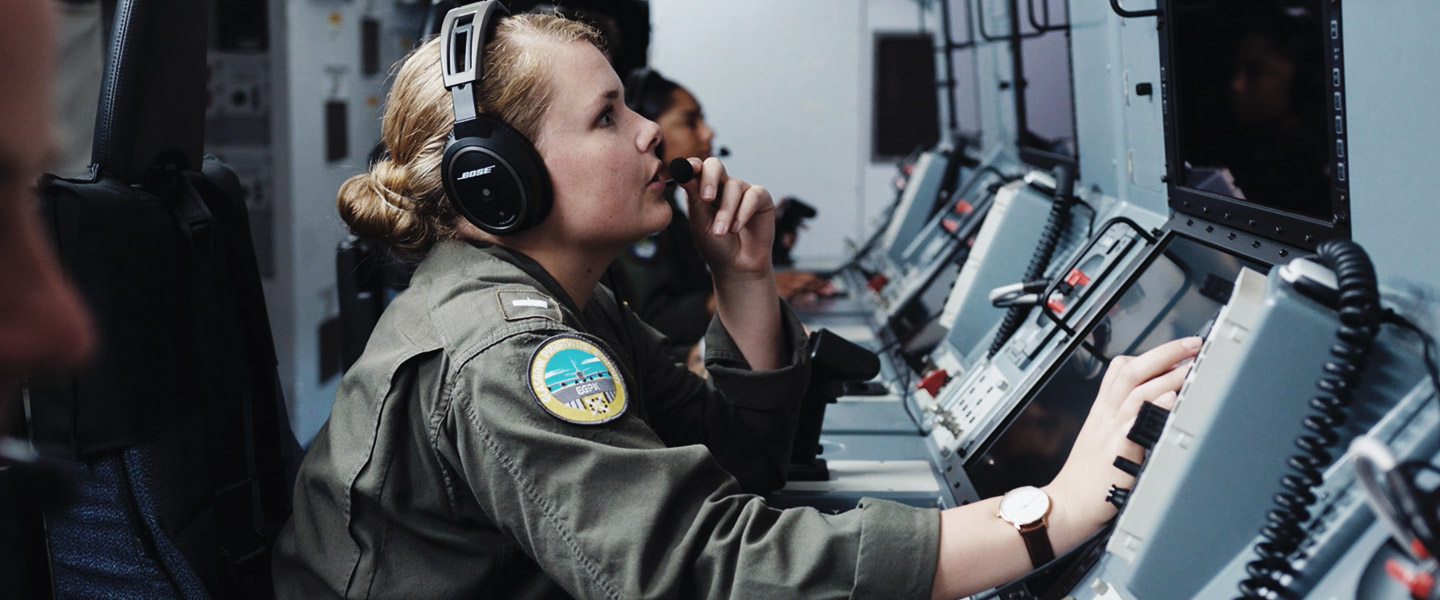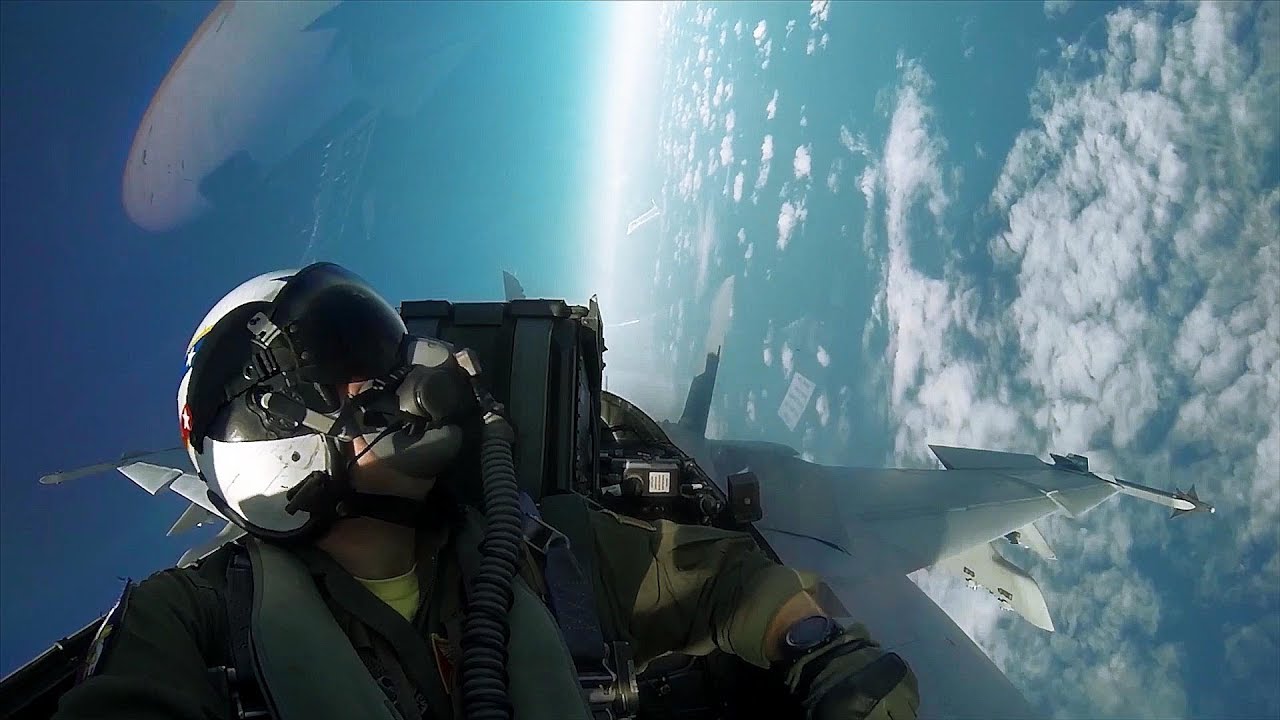What to Expect
More Information
Responsibilities
Naval Flight Officers (NFOs) are an important component in an exclusive, world-class group of Officers. This job will require you to perform at the best of your ability in your aircraft at all times. Making use of your advanced training and unparalleled knowledge to provide the utmost safety and security in the world’s skies. As an NFO, your responsibilities include:
- Studying aerodynamics, aircraft engine systems, meteorology, navigation, flight planning and flight safety
- Training and specializing in EA-18G Growler electronic countermeasures aircraft, E-2C Hawkeye early warning and control aircraft or the new P-8A Poseidon antisubmarine aircraft
- Electronically detecting and tracking ships, submarines, aircraft and missiles
Work Environment
As a Naval Flight Officer, missions and assignments can be anywhere around the globe. This includes working from carrier battle groups, or other sea-based platforms, and at Naval Air Stations or other locations on shore.
Training & Advancement
Those pursuing a Naval Flight Officer role must first attend Officer Candidate School (OCS) in Newport, RI, and then complete a six-week air indoctrination course at Naval Aviation Schools Command, in Pensacola, FL. From there, prospective NFOs attend primary flight training.
NFO candidates then request an aircraft pipeline and enter the intermediate phase of flight training, which builds upon basic flight and navigation training. The final phase is advanced naval flight training, focusing on mission specifics. After completion, candidates are awarded their “wings of gold” and report to their respective Fleet Replacement Squadrons (FRSs) for further training specific to their aircraft.
Promotion opportunities are regularly available but competitive and based on performance.
Post-Service Opportunities
Specialized training received and work experience gained in the course of service can lead to valuable credentialing and occupational opportunities in related fields in the civilian sector.
Education Opportunities
Following your initial flying tour as a Naval Flight Officer, you can attend the Naval Postgraduate School (NPS) in Monterey, CA, where you may be able to earn a master’s or doctoral degree while being paid full-time.
Opportunities for further education within this platform include:
Qualifications & Requirements
A four-year degree is required to work as a NFO. Candidates seeking an Officer position in this community must have a bachelor’s degree from a regionally accredited institution in a technical field.
All candidates must also be U.S. citizens, willing to serve worldwide and qualified for sea duty.
General qualifications may vary depending upon whether you’re currently serving, whether you’ve served before or whether you’ve never served before.
Part-Time Opportunities
Currently, this position in the Navy Reserve is open only to prior or current military aviators.
Serving part-time as a Navy Reserve Sailor, your duties will be carried out during your scheduled drilling and training periods. During monthly drilling,Naval Flight Officers in the Navy Reserve typically work at a location close to their homes.
For annual training, Naval Flight Officers may serve anywhere in the world, whether on a ship at sea or at bases and installations on shore.
Take a moment to learn more about the general roles and responsibilities of Navy Reserve Sailors.
Most of what you do in the Navy Reserve is considered training. The basic Navy Reserve commitment involves training a minimum of one weekend a month (referred to as drilling) and two weeks a year (referred to as Annual Training) – or the equivalent of that.
NFOs in the Navy Reserve serve in an Officer role. Your prior experience as an Officer satisfies the initial leadership training requirement – so you will not need to go through Officer Training again.

































































































































